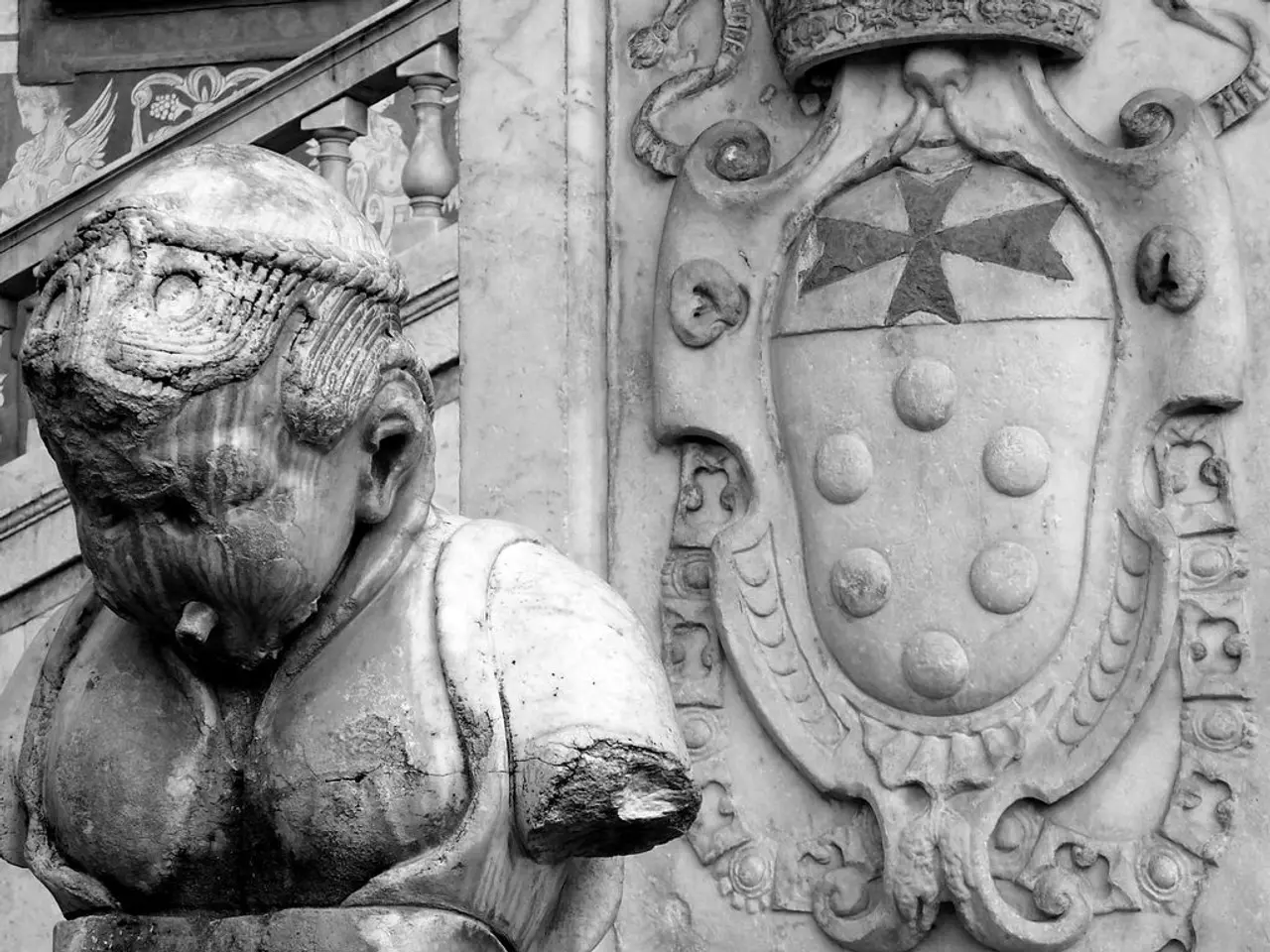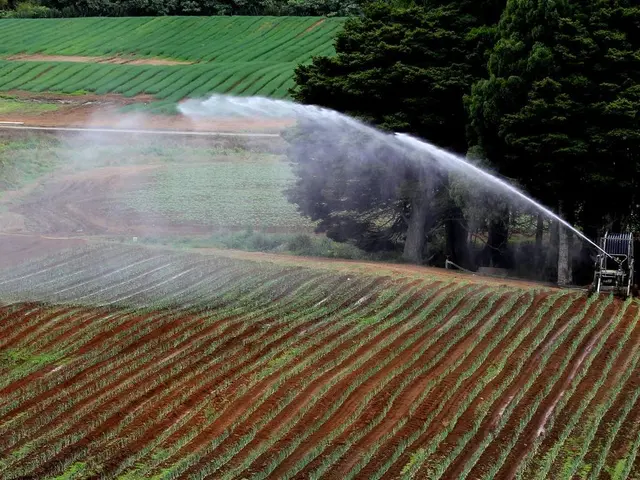Moldova's PAS Secures Second Term, EU Integration Course Continues
Moldova's ruling Party of Action and Solidarity (PAS) has secured a second term in government, winning the parliamentary election with just over 50 percent of the votes. The result sees PAS maintain its majority in the unicameral legislature, although its lead has narrowed, and the number of political groups has increased.
The election, held amidst escalating geopolitical tensions between Russia and the West, has significant implications for Moldova's future and European security. PAS, led by President Maia Sandu, has championed Moldova's EU ambitions, securing candidate status in 2022 and beginning accession negotiations in 2024. EU Commissioner Marta Kos recently expressed optimism that Moldova could complete these negotiations by 2028, provided it stays on a pro-European course.
The election saw four new political groups enter parliament, reflecting a growing political diversity. However, the opposition criticized the government for excluding certain 'pro-Russian' parties and reducing polling stations in the breakaway region of Transnistria. Moldova's strategic location between Romania and Ukraine, along with the 'frozen' Transnistria conflict, underscores its geopolitical importance.
PAS's closest rival, the Patriotic Bloc, secured around 25 percent of the votes. The new parliament's composition is likely to have serious implications for Moldova's future, the Transnistria conflict, the Ukraine war, and European security at large. The political polarization in Moldova, stemming from societal splits between pro-European and pro-Russian groups, regional ethnic divides, and economic hardships, will continue to shape the country's trajectory.
With PAS securing a second term, Moldova's pro-European course is set to continue, although the narrowing lead and increased political diversity may lead to more nuanced policymaking. The new parliament's composition will significantly influence Moldova's geopolitical stance, the Transnistria conflict, and the country's EU accession negotiations.
Read also:
- Title Transformation: Utilizing the Shifting Dynamics of British Politics, Bernie Sanders' Potential Advantage
- Strategies for Conquering Major Obstacles in Expanding a Political Group
- Ontario falls short by a small margin in delivering the goal of four hours daily care for long-term care residents.
- Kamala Harris Reveals Plans to Steer Clear from 2026 California Gubernatorial Race, Sparking Curiosity about Her Future Professional Plans








